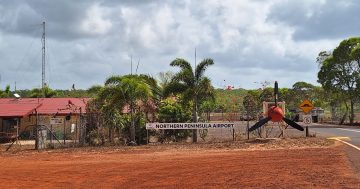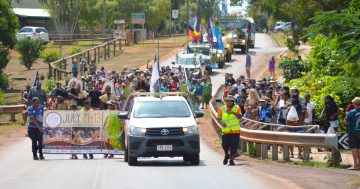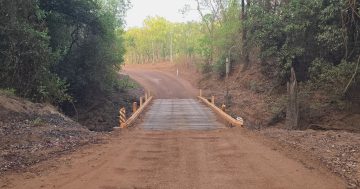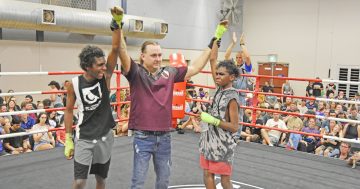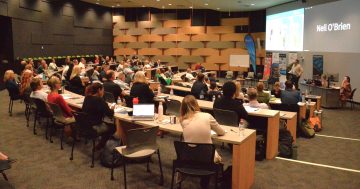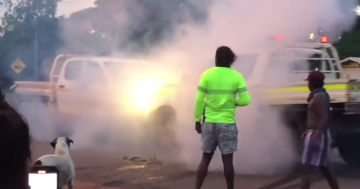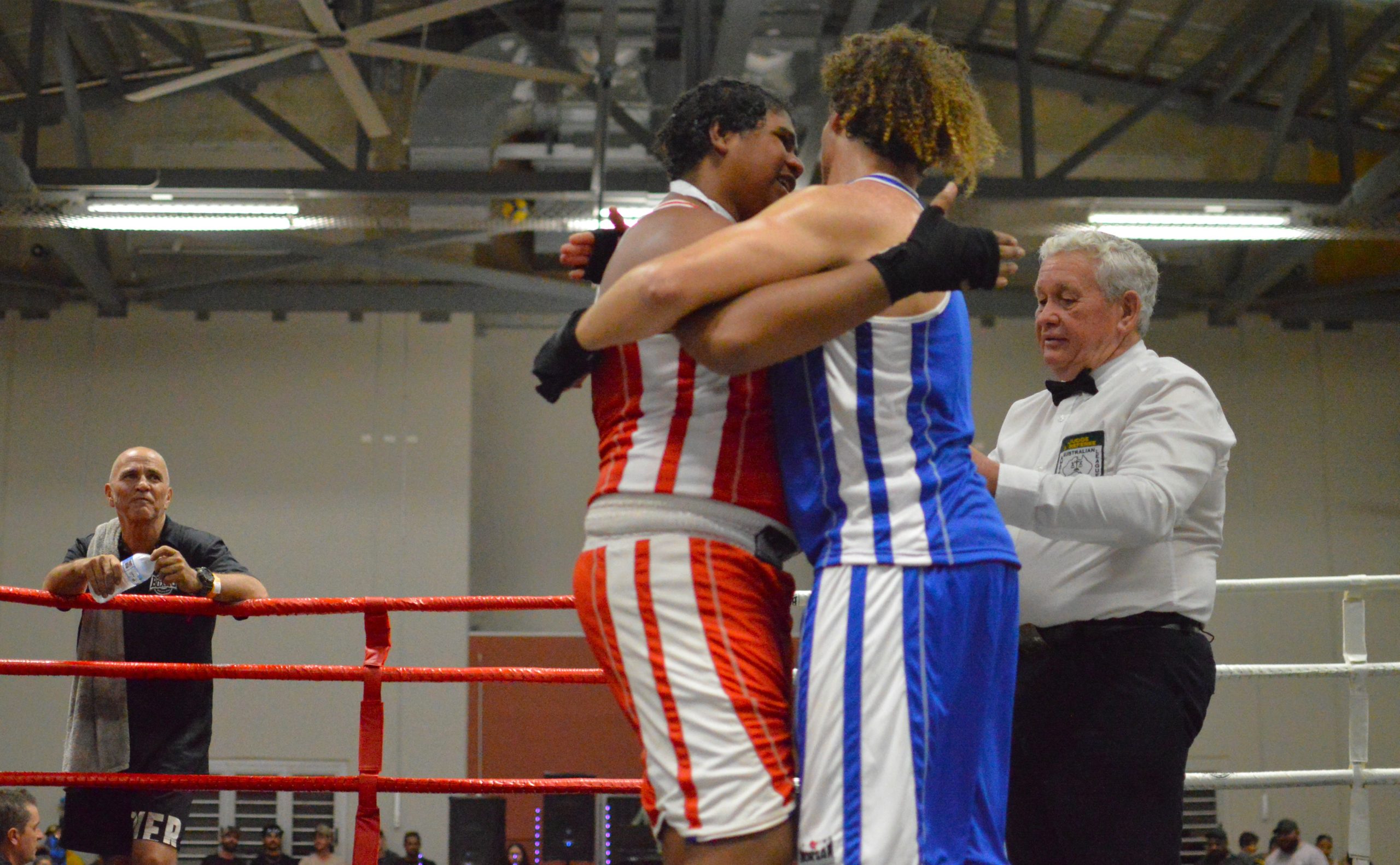
If government is serious about remote sustainability and wellbeing, editor Lyndon Keane says policymakers need to ensure the local clubs and groups carrying most of the load on the ground are adequately funded before FIFO service providers get a crack at the public teat. Photo: Cape York Weekly.
Given the hundreds of millions, or even billions of dollars – extracting an accurate figure is like pulling hen’s teeth – of public funds poured into Cape York and the Torres Strait every year, why do things up here feel like they never change?
As far as I’m concerned, it’s because policymakers in Canberra and Brisbane continue to give the bulk of the money to the wrong people.
Which people am I talking about? The service providers being paid millions to talk the talk and show off their latest liveried four-wheel drives while being completely unaccountable when it comes to delivering a single tangible result, that’s who.
This type of model has become synonymous with service delivery to communities – black, white, brindle and purple – across Australia for decades, because it provides a convenient out for the state and federal political types holding the purse strings when they’re asked what’s being done about any number of systemic issues plaguing places without a metropolitan postcode.
If the politicians and bureaucrats only ever listen to one thing that escapes my lips, please let it be this: the status quo is utterly broken, and you’re only throwing good money after bad until you put on your big person pants and admit it’s time for change.
It’s hardly new news that I’m not a fan of the system we seem to have embraced as the norm, which has legions of cookie cutter service providers flying or driving into our communities on a Monday morning, only to get the hell out of Dodge as soon as it’s deemed professionally appropriate on a Friday.
If the community you’re allegedly providing a service to has no idea what you actually do, you have to ask yourself whether you’re giving local stakeholders – and the taxpayers footing your bill – any measure of tangible value by being there.
Why don’t we try ensuring our grassroots community groups and clubs are adequately funded to provide the incredible level of direct and indirect support they do on a daily basis before lobbing bags of cash at organisations that only have as much skin in the game as it takes to complete a flimsy KPI report to secure their next feed at the government trough.
You only have to look at events like Weipa Fight Night 2.0 and the Weipa Running Festival to see the positive impact these local offerings have on participants and the wider community, yet they rely on volunteers, the generosity of businesses, and the blood, sweat and tears of committee members to get off the ground to deliver a result.
Let’s try something different and redirect some of the current funding to local entities to see if there’s a quantifiable improvement in social and wellbeing outcomes on Cape York and in the Torres Strait. If it’s a failure, we can cross it off the list as an idea that won’t work, along with the status quo currently depleting the coffers.
I was talking to a young boxer on Saturday night before he stepped into the ring, and, as we yarned, he admitted he’d had a bit of trouble staying on the straight and narrow before he donned the gloves for the first time. He went on to tell me being part of the boxing club had instilled in him focus, discipline, pride and, most importantly, a sense of belonging to something bigger than himself.
If our political leaders can’t see the value in prioritising appropriate grassroots funding to allow someone to become an engaged member of the community who wants to better it and themselves, we may as well pack up and go home right now.
Improving our remote communities needs to begin in our own backyard with the people who know it best, not the fly-in, fly-out organisations getting rich by telling us how they can do it better.


